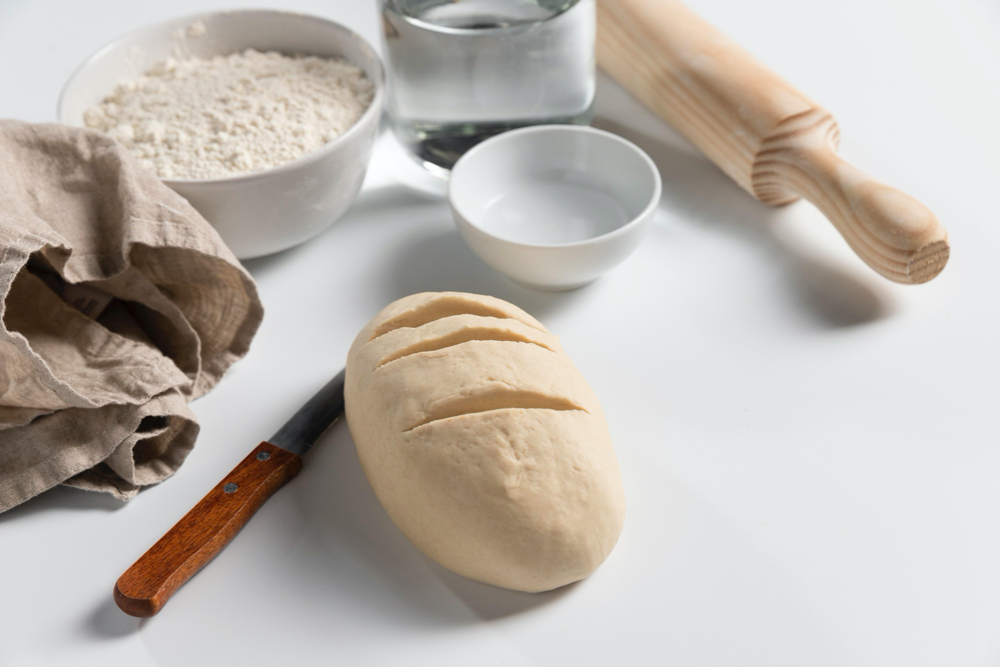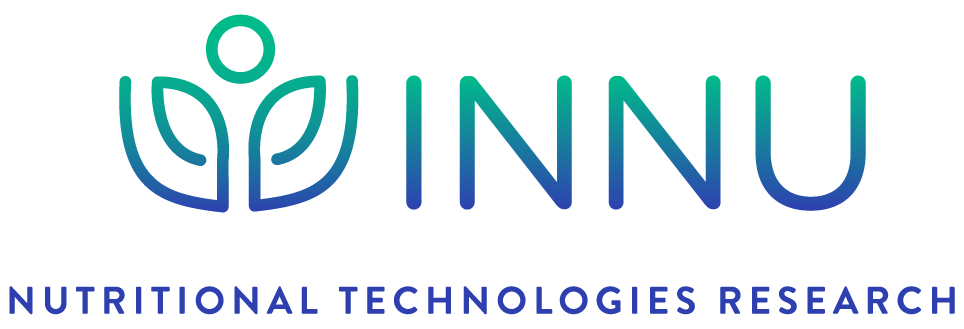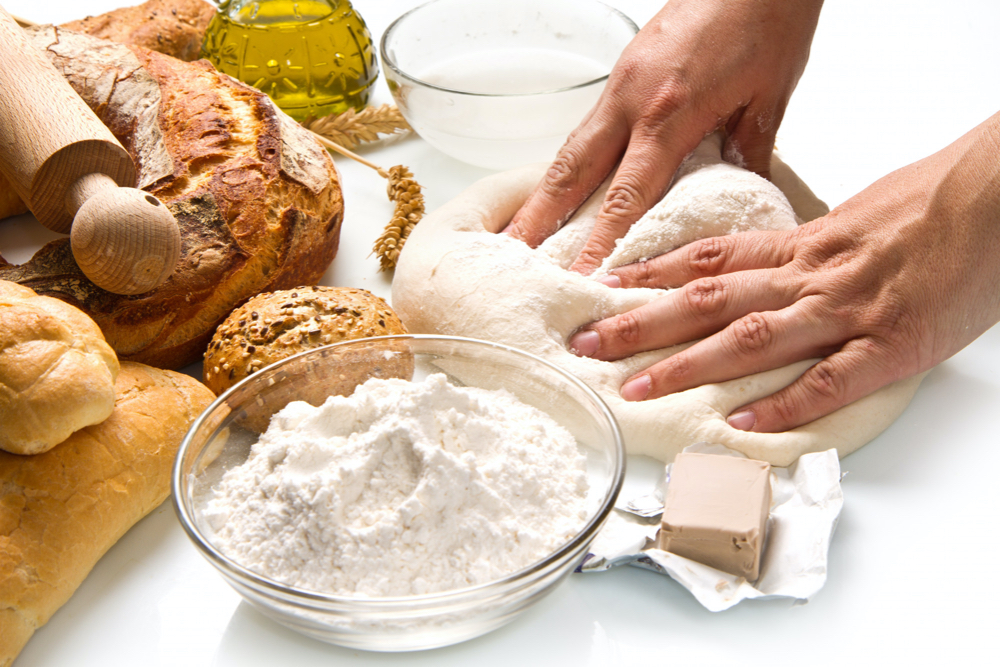The Gluten-Free Challenge
The gluten-free movement is more than a diet trend, It is a necessity for those suffering from celiac disease and gluten sensitivity. As the demand for gluten-free products surges, the food industry has been seeking ways to replicate the viscoelastic properties of gluten in bread-making. The article «Methods for the Modification and Evaluation of Cereal Proteins for the Substitution of Wheat Gluten in Dough Systems» delves deep into the scientific advancements in protein modification to achieve this goal.
Understanding Gluten and Its Alternatives
Gluten, a protein matrix found in wheat and related cereals, is responsible for the airy and chewy texture of bread. However, for individuals with celiac disease, this protein causes harmful reactions. This has led to exploring cereals and pseudocereals like maize, rice, and sorghum, known for their gluten-free nature. The downside is their lack of a viscoelastic gluten-based matrix, resulting in inferior bread quality. The challenge is to modify these proteins to mimic gluten’s properties without compromising nutritional value or taste.
Innovations in Protein Modification

Researchers have been categorizing protein modifications into four types: chemical, enzymatic, physical, and genetic. These modifications aim to enhance the properties of gluten-free flours, making them suitable for baking high-quality, gluten-free bread. Chemical modifications involve using reagents to change protein structures, while enzymatic methods use enzymes to enhance protein functionality. Physical methods alter proteins through external sources like heat or pressure, and genetic modifications alter the DNA in the plants to produce the desired protein structure.
The Future of Gluten-Free Baking
The future of gluten-free baking looks promising with these innovative techniques. Not only do they offer hope for better-tasting and more nutritious gluten-free products, but they also represent a significant advancement in food science and technology. The research is ongoing, and as these methods are refined and combined, the gap between gluten-free and traditional baked goods continues to close.
Towards a Better Gluten-Free Tomorrow
The journey to perfecting gluten-free baking is ongoing, but with each scientific breakthrough, we move closer to a world where dietary restrictions don´t mean sacrificing quality or enjoyment of food. This research not only benefits those with celiac disease or gluten sensitivity but also paves the way for more inclusive and health- conscious food production worldwide.
For more information on this study published in Foods, click here:


